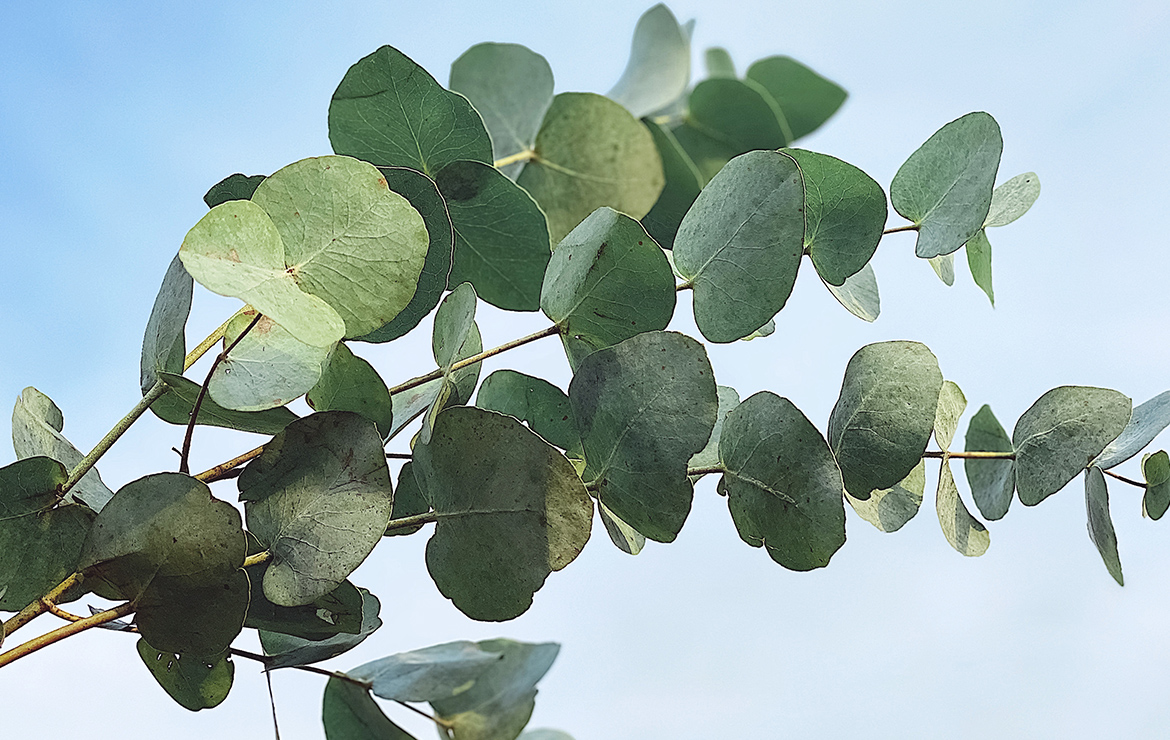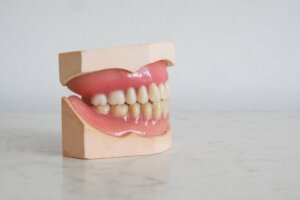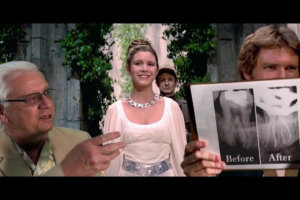Eucalyptol for Endodontics: A Gutta-Percha Endodontics Alternative to Chloroform

Chloroform in dentistry is one of the most widely used solvents for plasticizing gutta percha points during their removal in retreatment cases. Despite being toxic and carcinogenic, chloroform has been deemed acceptable when under careful and controlled use. However, chloroform continues to be scrutinized for its potential dangers, opening a path for natural alternatives.
One safe chloroform alternative that has gained traction is Eucalyptol. Eucalyptol oil is a natural agent derived from eucalyptus extract and is considered one of the safest solvents for gutta percha removal from root canal systems.
Herbal Therapy in Health Care & Dentistry
Herbal therapy might seem like a new concept in Western medicine, but its history dates back centuries. Herbal medicine involves the use of plants or plant materials for their therapeutic active ingredients. It has been used to a great extent both for general medicine and dentistry by civilizations as far back as the Sumerians, the Babylonians, and the Assyrians.
According to the World Health Organization, up to 80% of the world’s population still depends on herbal medicine for their primary healthcare needs. [3] Even in developed countries, up to 25% of medical drugs contain herbs and their derivatives. Increased awareness in natural remedies is currently creating a herbal “renaissance” in which healthcare practitioners are seeking traditional, herbal alternatives to commonly used treatments in western medicine.
Benefits of Herbal Medicine
Herbal medicine in dentistry has often been sought for its antimicrobial, antioxidant, antiseptic, anti-inflammatory, and anti-collagenase effects. Depending on the properties of the herbs or herb extracts used, the benefits will differ. Herbal remedies, however, are gaining more popularity over conventional drugs “due to wide biological activity, higher safety margin, and lower costs.” [1] Herbal medicine can also bypass many of the side effects that conventional drugs cause, as well as antibiotic resistance caused by continuous intake.
The Dangers of Chloroform as a Solvent in Dentistry
As previously mentioned, chloroform is considered toxic and a potential carcinogen by the Food and Drug Administration, but it is one of the most efficient solvents for plasticized gutta-percha. This has raised questions of ethicality regarding the use of chloroform, even when used in a controlled manner deemed “safe.”
Chloroform acts as a central nervous system depressant that is toxic to the liver and the kidneys. In 1979, it was removed from “Accepted Dental Therapeutics.” [2] Given its toxicity, the FDA has since banned its use in both drugs and cosmetics.
Side Effects of Chloroform
Chloroform can cause different side effects depending on the method and extent to which someone is exposed to it. Chloroform exposure can occur through inhalation, consumption, or skin absorption. Side effects can include:
- Headaches, fatigue, and dizziness
- Sores and skin irritation
- Respiratory depression, pneumonitis, and pulmonary edema
- Bone marrow damage
- Brain, liver, and kidney damage
- The Use of Eucalyptol Over Chloroform in Dentistry
Eucalyptol has been found to be nearly as effective as chloroform as a gutta-percha solvent without the health risks, making it a suitable chloroform substitute. According to statistical comparison, halothane, eucalyptol, and chloroform showed no difference in effectiveness as solvents.
Another benefit of eucalyptol is that since it is a natural organic compound, it is the only known solvent — along with halothane — for gutta-percha that isn’t a potential carcinogen. Eucalyptol makes up 90% of eucalyptus oil, which is also found in wormwood, rosemary, sage, and other aromatic plants. As the primary active ingredient, eucalyptol in eucalyptus oil has been found to reduce the inflammatory effect of LPS — an endotoxin that is a major contributory to root canal infections and other systemic issues.
Virtual Courses in Integrative Endodontics
The use of chloroform in endodontics may soon become an outdated method for plasticizing gutta-percha points during their removal in retreatment cases. As herbal medicine grows in popularity, newer and safer options are becoming available. To learn more about the latest practices in endodontics, be sure to register for our Comprendo Academy virtual courses. Comprendo Academy is designed to integrate a new paradigm of patient care into your practice. It is an approved PACE Program Provider by the Academy of General Dentistry accepted by the AGD for Fellowship/Mastership and membership maintenance credit. Contact Integrative Endodontics today to learn more about our list of courses.
[1] Anand, Bhavika. “Herbal therapy in periodontics: a review.” J Res Pharm Sci 3.5 (2017): 1-7.
[2] Hunter, K. R., Doblecki, W., & Pelleu Jr, G. B. (1991). Halothane and eucalyptol as alternatives to chloroform for softening gutta-percha. Journal of endodontics, 17(7), 310-312.
[3] “Traditional, Complementary and Integrative Medicine.” World Health Organization, World Health Organization, www.who.int/westernpacific/health-topics/traditional-complementary-and-integrative-medicine.




